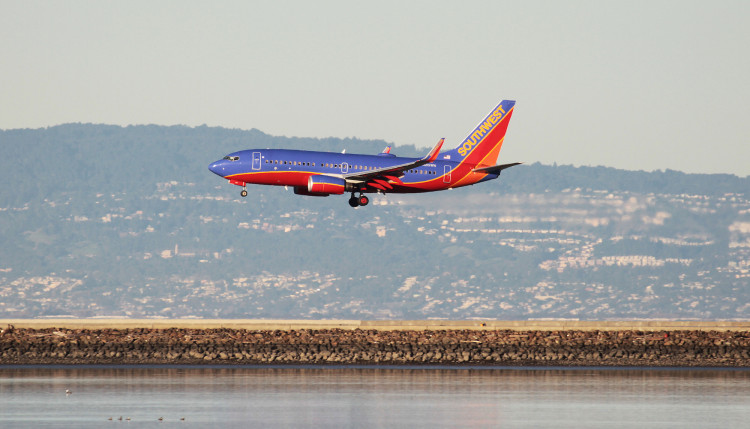Southwest Airlines is set to undergo significant leadership changes as longtime Chairman and former CEO Gary Kelly announced his retirement, a move that comes after mounting pressure from activist investor Elliott Investment Management. The Dallas-based airline, known for its once-stellar financial performance and innovative business model, has faced growing scrutiny over its recent struggles in a competitive and evolving airline industry.
Kelly, who has spent nearly four decades at Southwest and has served as chairman since 2008, revealed his decision to step down in a letter to shareholders on Tuesday. "Now is the time for change. It's time to shake things up, not just stir them a bit," Kelly wrote, acknowledging the need for the airline to adapt to new challenges. Kelly will officially retire after Southwest's annual meeting next year.
This announcement follows a pivotal meeting with Elliott, which has been pushing for leadership changes at Southwest since revealing its nearly $2 billion stake in the airline in June. Elliott has been critical of Southwest's management, particularly CEO Bob Jordan, who has also been with the airline for nearly four decades. The hedge fund has accused the airline's leadership of overseeing a period of "stunning underperformance," pointing to the airline's stock price, which has more than halved over the past three years.
Despite Elliott's calls for a more drastic leadership overhaul, Kelly stated that Southwest's board and leadership team "unanimously support Bob Jordan as CEO." However, the airline's board will see significant changes, with six directors set to retire in November. Southwest plans to appoint four new independent directors in the near future, potentially including up to three candidates recommended by Elliott.
The shake-up at Southwest reflects broader pressures facing the airline industry, particularly in the wake of the COVID-19 pandemic, which has forced carriers to rethink their business models. Southwest, once lauded for its no-frills, cost-effective approach, has recently announced several major changes, including the introduction of extra legroom on its aircraft and the end of its long-standing open seating policy. The airline also plans to offer overnight, or "redeye," flights starting next year, signaling a departure from its traditional operating model.
These changes come as Southwest grapples with an oversupplied domestic market, rising costs, and delays in aircraft deliveries from Boeing, its sole supplier. The airline, which enjoyed decades of nearly unbroken profitability, has struggled to maintain its competitive edge in recent years. In July, the airline's leadership announced plans to introduce new initiatives to regain its footing, with further details expected at its upcoming investor day on September 26 in Dallas.
Elliott's involvement marks its first public push for change at an airline, although the hedge fund is no stranger to activist campaigns, having previously targeted companies like AT&T, Salesforce, and Texas Instruments. The firm crossed the 10% ownership threshold required to call a special shareholder meeting last week, underscoring its commitment to driving change at Southwest.
In response to Elliott's criticisms, Southwest has brought in outside experts, including Bob Fornaro, the former CEO of Spirit Airlines and AirTran, the latter of which was acquired by Southwest in 2011. These moves suggest that Southwest is taking Elliott's concerns seriously, even as the airline's leadership remains publicly supportive of its current CEO.
Southwest's challenges extend beyond leadership disputes. The airline has faced operational issues, including a series of high-profile incidents this year that have drawn increased scrutiny from the Federal Aviation Administration (FAA). In one such incident, a Southwest flight came within 400 feet of crashing into the Pacific Ocean, prompting the FAA to heighten its oversight of the airline.
Despite these challenges, Southwest's operational performance has shown signs of improvement. The airline's cancellation rate since the beginning of 2023 is slightly better than the industry average and lower than that of its main competitors, United, American, and Delta, according to FlightAware.
However, Southwest's financial performance still lags behind its rivals. While the airline has been more profitable than American Airlines since the pandemic, it has not matched the profitability levels of Delta and United. As of June, Southwest's operating margin over the previous 12 months was slightly negative, compared to 10.3% at Delta, 8.8% at United, and 5.3% at American, according to data from FactSet.





